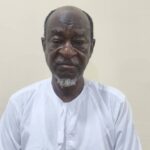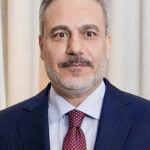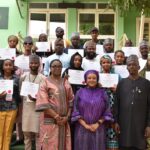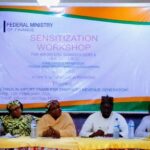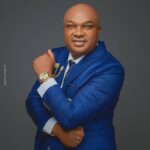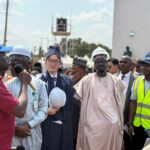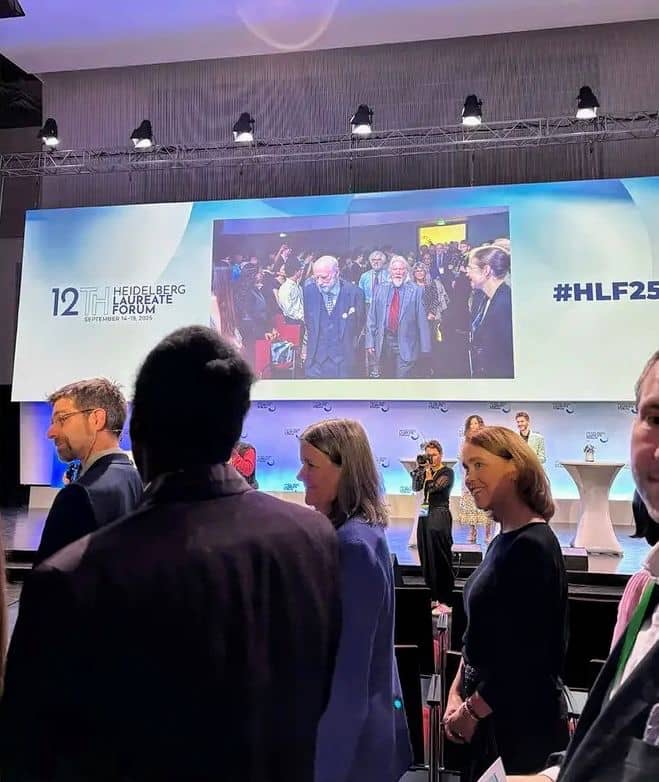By Ibukun Emiola
Prof. Madhu Sudan, an Indian-American Computer Scientist and recipient of the prestigious Nevanlinna Prize, has advised African countries to invest in local innovations to derive global benefits.
In an interview with the News Agency of Nigeria (NAN) on the sidelines of the 12th Heidelberg Laureate Forum in Germany, Sudan stressed the need to identify, nurture and connect young innovators with teachers, problems, and industries.
According to him, innovation must be supported from the classroom to commercial application if countries like Nigeria are to benefit fully from the global digital economy.
“The pipeline should create and extract talent, give them good problems and good teachers to work with.
“Students should be supported from solving individual questions to tackling national challenges, and then linked with commercial settings,” he said.
Sudan, a Professor of Computer Science at Harvard University, explained that many nations had succeeded at one end of the innovation spectrum, either in producing theoretical research or building industries.
He, however, said only a few had developed a system that worked seamlessly “the entire way.
“Once a country becomes successful across the whole chain, the nation profits enormously,” he added.
On his groundbreaking work on probabilistically checkable proofs, Sudan said the breakthrough had reshaped complexity theory and optimisation problems by making proofs more robust and verifiable.
He noted that the concept had also influenced advances in error-correcting codes, which are central to data storage and communication in the digital age.
“Errors are inevitable in a physical universe. The challenge has always been to build codes that can withstand the corruption of data.
“Our work not only ensures that information survives errors but that even summaries of the data can still be verified,” he said.
Sudan also urged young scientists from the Global South to take advantage of easier access to information and digital tools.
He recalled how difficult it was to access computers while growing up in India, but stressed that Nigerian students no longer needed to be decades behind their counterparts abroad.
“Today, students can compete at the forefront. The key is to design questions that are important for local populations. When solved, such questions often become globally relevant,” he said.
On the future of complexity theory in the era of Artificial Intelligence (AI) and quantum computing, Sudan acknowledged the “remarkable empirical progress” of AI, which had achieved results previously thought impossible.
He, however, noted that a deeper theoretical framework was still lacking.
“AI succeeds in ways we don’t fully understand. It sometimes solves Olympiad problems or could even prove theorems in the future. The real challenge for mathematicians is to explain why it works,” he explained.
Sudan advised young researchers to define their own metrics of importance, instead of following trends dictated by global influencers.
“The questions that seem hard and important to you personally are often the ones that matter most. Diversity in research directions is vital for progress,” he said.
The Heidelberg Laureate Forum, an annual networking event in Germany, brings together the world’s top computer scientists and mathematicians, including recipients of the Abel Prize, Fields Medal, Nevanlinna Prize, and Turing Award, with young researchers from across the globe.(NAN) (www.nannews.ng)
Edited by Bayo Sekoni

